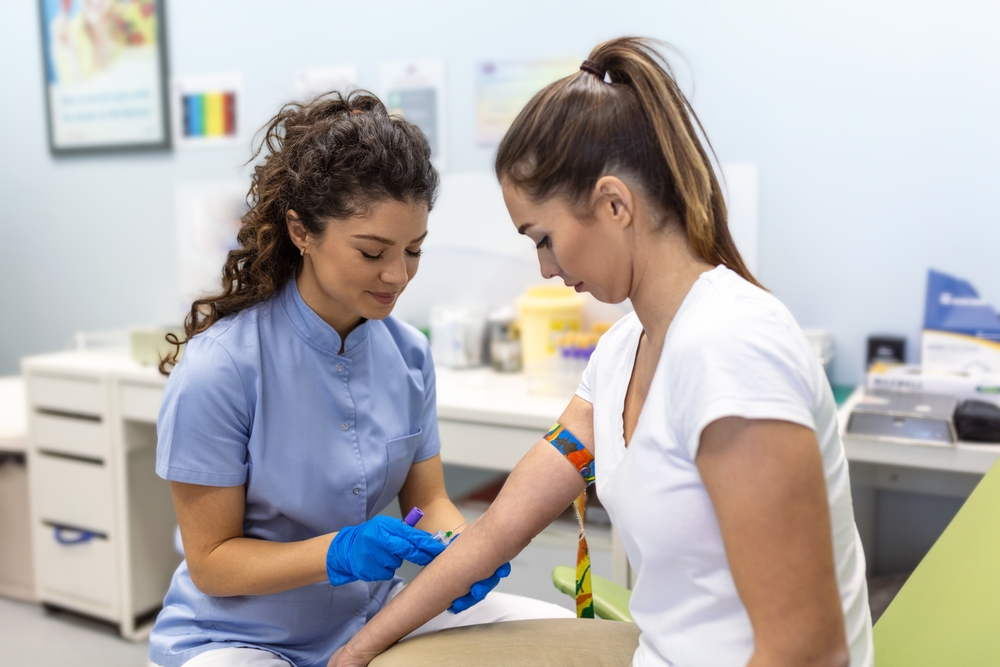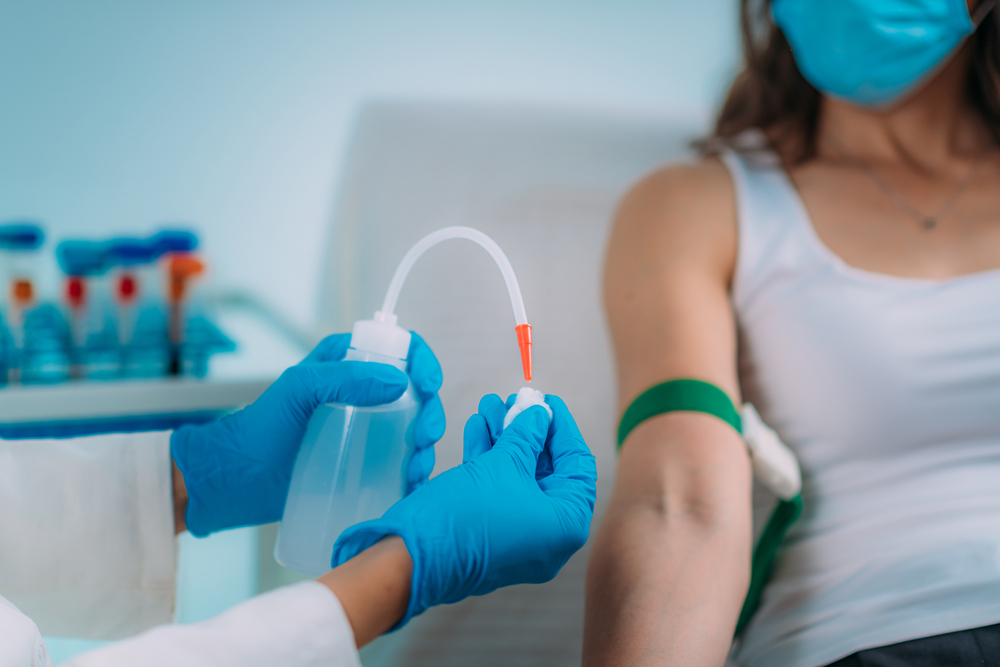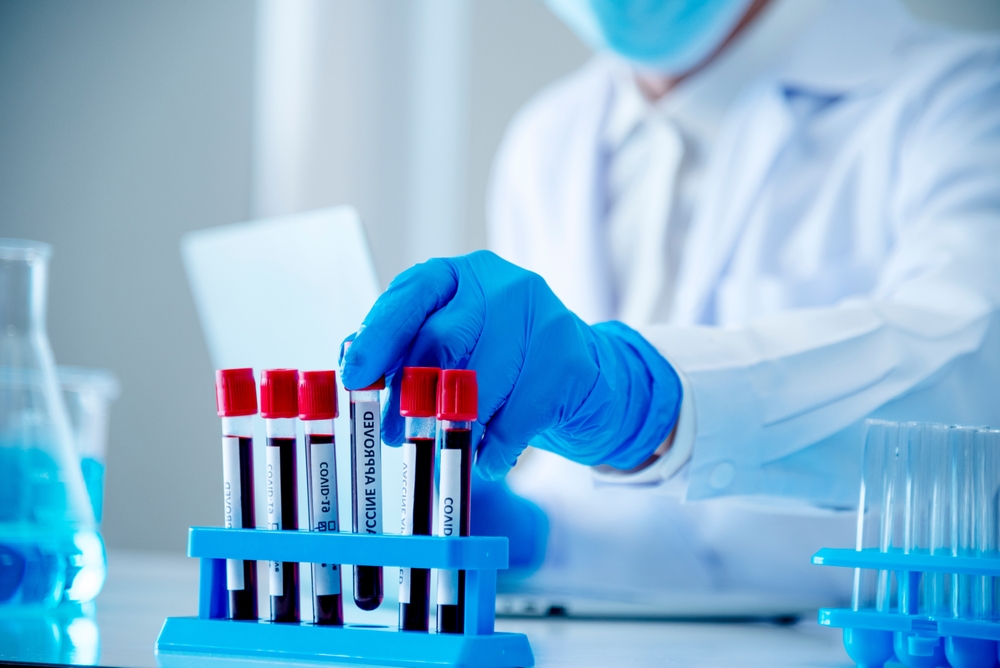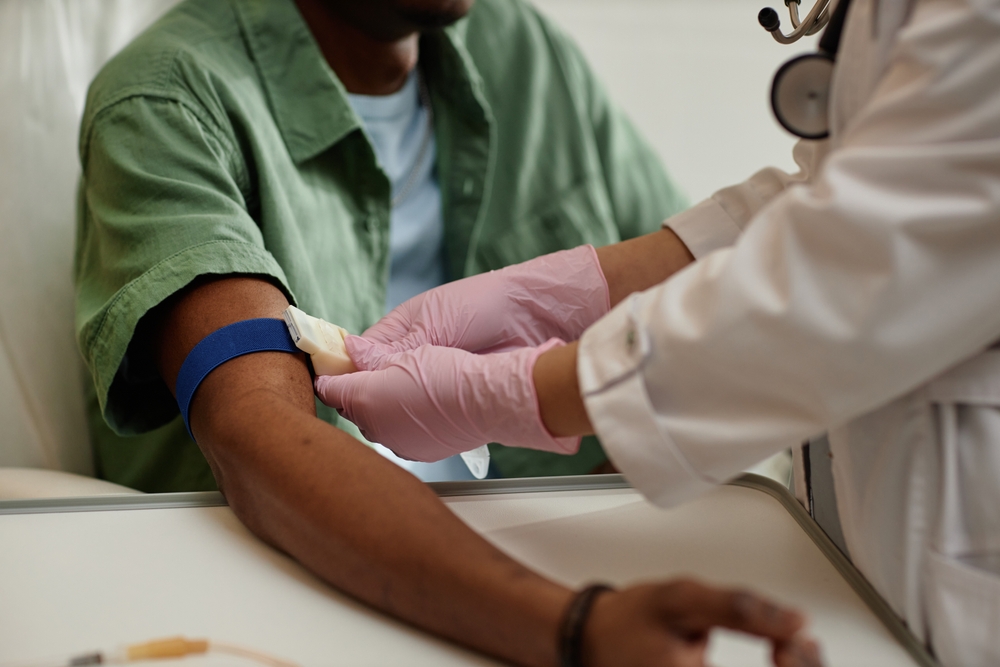Phlebotomists are skilled healthcare professionals who draw blood for analysis through venepuncture or through central venous device access. In addition to blood collection from patients, phlebotomists perform peripheral venous catheter insertion.
There are multiple entry routes into the profession such as:
- Hold a Phlebotomy Qualification that is at a QQI level 6 or higher
- Hold a certificate in Phlebotomy from DIT/DCU National Ambulance Service College
- Be registered as Nurse/Midwife on the active NMBI register
Additional information on the profession can be found on the Phlebotomists Association of Ireland website or by visiting the Careers Portal.




